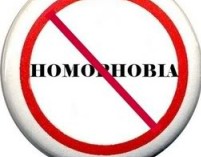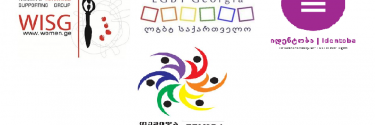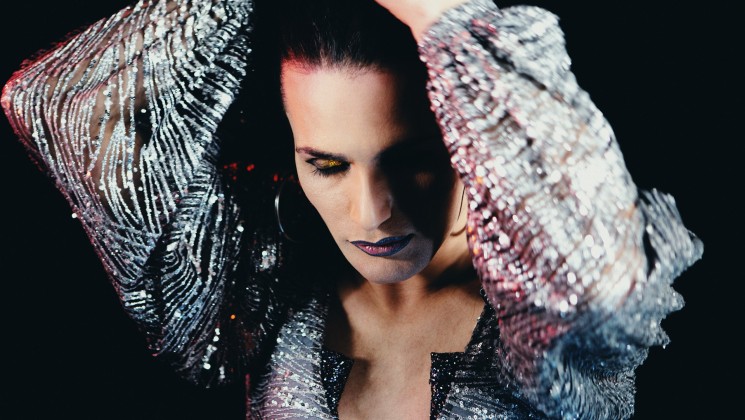
WEINBERG: Is homophobia always based on fear? I thought so and still think so. Maybe envy in some cases. But that’s a psychological question. We have no other word for what we’re talking about, and this one is well established.
Weinberg’s points are valid, and yet the word’s rhetorical power has seemingly diminished. Perhaps because of its impact then, conservative groups have now created public profiles for themselves built specifically around not being “homophobic.” It’s become quite common — and unfortunately easy — for anti-gay activists to draw a distinction between their positions and any “fear” of gay people, though of course the term never had clinical diagnostic purposes anyway.
In contrast, the journey of the word “homophobia” emphasizes the current need for the word “Islamophobia.” As a different concept, it might very well be true that people “fear” Islam, Muslim people, and Muslim culture as a threat to physical safety. And like “homophobia” did four decades ago, “Islamophobia” effectively captures the intensity of these vitriolic campaigns.
The AP may have made a sensible decision to encourage more accurate language than “homophobia,” but its outright limitations on all -phobia words may deprive media consumers from an important understanding of cultural attitudes.









